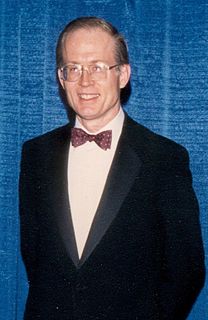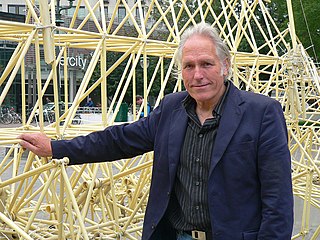A Quote by Marvin Minsky
In science, one learns the most by studying what seems to be the least.
Related Quotes
Children learn what they live.
If a child lives with criticism... he learns to condemn.
If he lives with hostility... he learns to fight.
If he lives with ridicule... he learns to be shy.
If he lives with shame... he learns to be guilty.
If he lives with tolerance... he learns confidence.
If he lives with praise... he learns to appreciate.
If he lives with fairness... he learns about justice
Foreign policy is now a huge field. It isn't just people who are studying political science. There are so many aspects to it in terms of understanding hard science for people who are studying climate change, or people who are interested in health policy or food security, or people who care about education.
One can truly say that the irresistible progress of natural science since the time of Galileo has made its first halt before the study of the higher parts of the brain, the organ of the most complicated relations of the animal to the external world. And it seems, and not without reason, that now is the really critical moment for natural science; for the brain, in its highest complexity-the human brain-which created and creates natural science, itself becomes the object of this science.
The more science learns, the clearer it is that although we are here, we shouldn't be. Once we begin considering the details of it all, the towering odds against our existence begin to become a bit unsettling. When we come to see the superlatively extreme precariousness of our existence, and begin to understand how by any accounting, we ought not to exist, what are we to think or feel? Our existence seems to be not merely a virtually impossible miracle but the most outrageous miracle conceivable, one that makes previously amazing miracles seem like almost nothing.
I liked science very much. A science teacher in high school inspired me, and because of him, I began studying science at the university. But when I got there... well, the subject still attracted me a lot, but I had to do all these exams, and it was just like working in an office. I couldn't stand that.
I'm not much of a math and science guy. I spent most of my time in school daydreaming and managed to turn it into a living. When I was making "Star Wars," I wasn't restrained by any kind of science. I simply said, "I'm going to create a world that's fun and interesting, makes sense, and seems to have a reality to it."





































